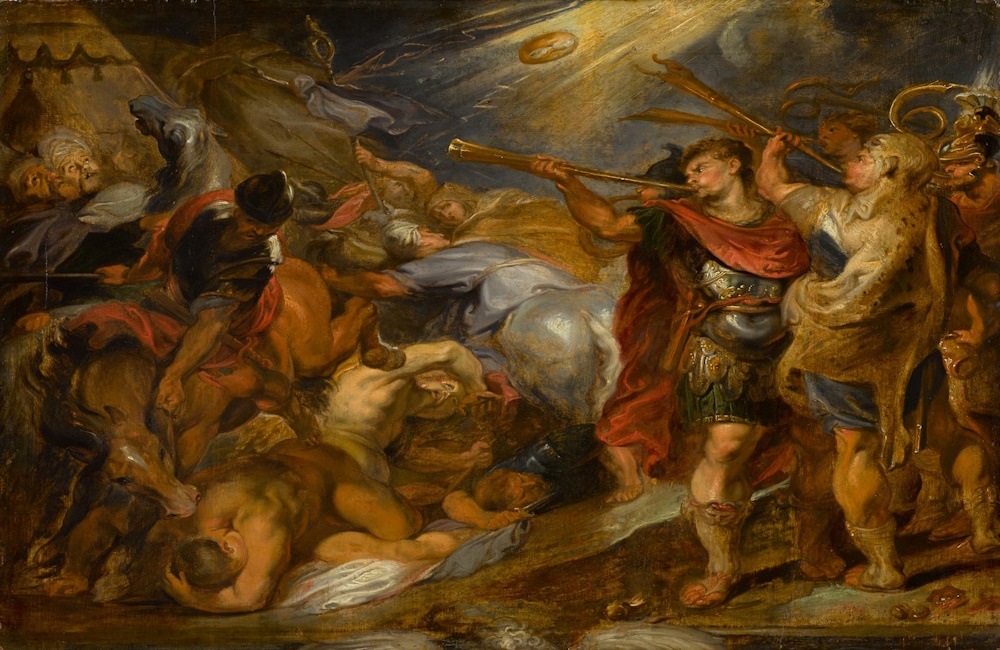Saul and Gideon are pivotal figures in the history of Israel, each featured prominently in the Bible with distinct roles and narratives. Saul, the first king of Israel, and Gideon, a judge chosen by God, are separated by time and purpose in the biblical account. However, the Quran presents a divergent view by merging these two figures into a single entity known as Talut. This comparison aims to clarify the distinct roles of Saul and Gideon as depicted in the Bible, contrasting them with the Quranic interpretation.
In the Biblical narrative, Saul and Gideon are portrayed as separate individuals with unique contributions to Israel’s history. Saul, introduced in 1 Samuel 9, is the son of Kish, initially seeking his father’s lost donkeys. His encounter with the prophet Samuel leads to his anointment as the first king of Israel, marking a pivotal transition from the period of the Judges to the establishment of the monarchy. Saul is noted for his military endeavors against the Philistines and other adversaries. Despite a promising beginning, his reign is marred by disobedience to God, leading to his eventual rejection as king (1 Samuel 15:10-34).
In contrast, Gideon is a judge described in the Book of Judges (Judges 6-8). Summoned by God to liberate Israel from Midianite oppression, Gideon’s story is marked by initial hesitation, requests for divine signs, and a miraculous victory achieved with a mere 300 men. His narrative emphasizes that God’s power does not rely on large numbers, but rather on faith and obedience.
The Quran presents a different perspective by merging the identities of Saul and Gideon into the figure of Talut, described in Surah Al-Baqarah (2:246-251) as the leader chosen by Allah to guide the Israelites. Many Islamic scholars identify Talut with the Biblical Saul, as the Quran references Talut’s role in leading the Israelites. Surah Al-Baqarah 2:246 states, “Have you not seen those chiefs of the Children of Israel after Moses? They said to one of their prophets, ‘Appoint for us a king, and we will fight in the cause of Allah.’” This bears resemblance to the biblical account in 1 Samuel 8:4-5, where the elders of Israel request a king to lead them.
However, the Quran attributes to Talut a role in which Gideon is traditionally depicted. In Surah Al-Baqarah 2:249, it is stated, “When Saul marched forth with his army, he cautioned: ‘Allah will test you with a river. So whoever drinks his fill from it is not with me, and whoever does not taste it—except a sip from the hollow of his hands—is definitely with me.’ They all drank their fill except for a few!” This account parallels the biblical story in Judges 7:5-7, where Gideon separates his soldiers based on how they drink from the water, a test designed by God to determine who would remain to fight the Midianites.
The Bible presents Saul and Gideon as distinct figures who lived in different periods and played different roles in Israel’s history. Saul was the first king, while Gideon was a judge during the era before the monarchy. The separate accounts in Judges and Samuel provide clear distinctions between these two leaders.
The Quranic interpretation that merges Saul and Gideon into one figure—Talut—reflects a different tradition of interpretation within Islam. While the Quranic account offers valuable insights into Islamic perspectives, it lacks the historical and contextual clarity provided by the Bible. Thus, the biblical narrative preserves the distinct roles and timelines of Saul and Gideon, highlighting their individual contributions to Israel’s history.
